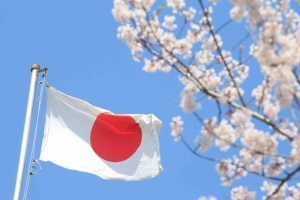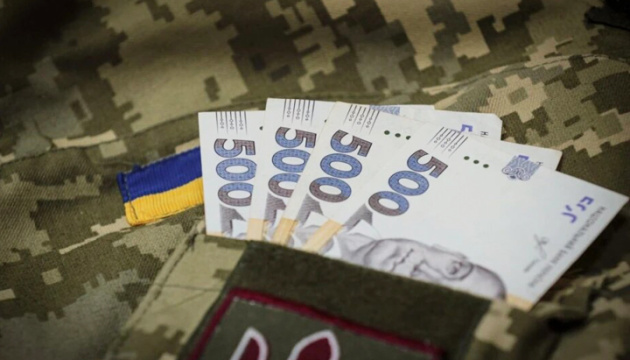
Government spending budget 2024 will be boosted by UAH 500 billion
The Cabinet of Ministers has identified the sources from which to finance the additional budgetary needs arising from the war. The previous day, the government endorsed and submitted to parliament two key draft laws - on "Amendments to the Law ‘On the State Budget of Ukraine for 2024’ insofar as it pertains to financial support for the security and defense sector" (No. 1417) and on "Amendments to the Tax Code of Ukraine” and other Laws of Ukraine insofar as it pertains to the specifics of taxation during the validity of Martial Law" (No. 11416).
In the meantime, the Verkhovna Rada passed several acts that will enable the Government to collect an additional half a trillion hryvnias in funding for the country’s defense and security sector and the Armed Forces’ needs throughout the remainder of the year. The budgetary adjustments particularly address increasing the excise duty on fuel as well as suspending foreign debt payments in the event the government fails to arrange with bondholders to restructure its bond debts before a payment moratorium expires on August 1.
BUDGETARY ADJUSTMENTS: ASSESSMENT OF NEEDS AND SEARCH FOR RESERVES
The amount of the funding provided for in the 2024 State Budget Law, given the current intensity of hostilities, will not be enough to cover the expenses required to effectively counter Russia’s war machine (considering that these expenses are financed exclusively from Ukraine’s own resources, i.e. without the possibility of using international financial aid). This began to be talked about as certainty when 2024 State Budget Bill was passing through parliament. At first, there was talk of a potential shortage of tens of billions of hryvnias, then hundreds of billions, and eventually up to half a trillion, even though the Ministry of Finance was talking of a much lower shortage. We know that no one tried and adjust the expenses to a "beautiful" amount. This is actually the lowest possible amount of funding required to achieve at least nominal parity in defense spending with the invader country.
Overall, 2024 State Budget is proposed to be boosted by UAH 500.3 billion. The lion's share - 495.3 billion worth of additional funding will go towards defense needs. Approximately one-third of this will be spent on the purchase and modernization of military weapons and equipment systems for the Armed Forces (+ UAH 185.8 billion). Separately, the Armed Forces will receive UAH 147.2 billion for current needs, and additional funding is provided also for uniform services other than the armed forces.
Along with that, the budget boost plan includes a revision of selected budget spending line items.
More specifically, the government proposes reducing budget spending by UAH 65.7 billion, including UAH 61.8 billion earmarked for state debt servicing and UAH 3.9 billion for servicing government guaranteed loans. That will allow saving the largest portion of the deficient resource by way of postponing payments to commercial creditors due under the previous restructuring plan, which, according to the agreements reached in 2022, were supposed to resume in August this year.
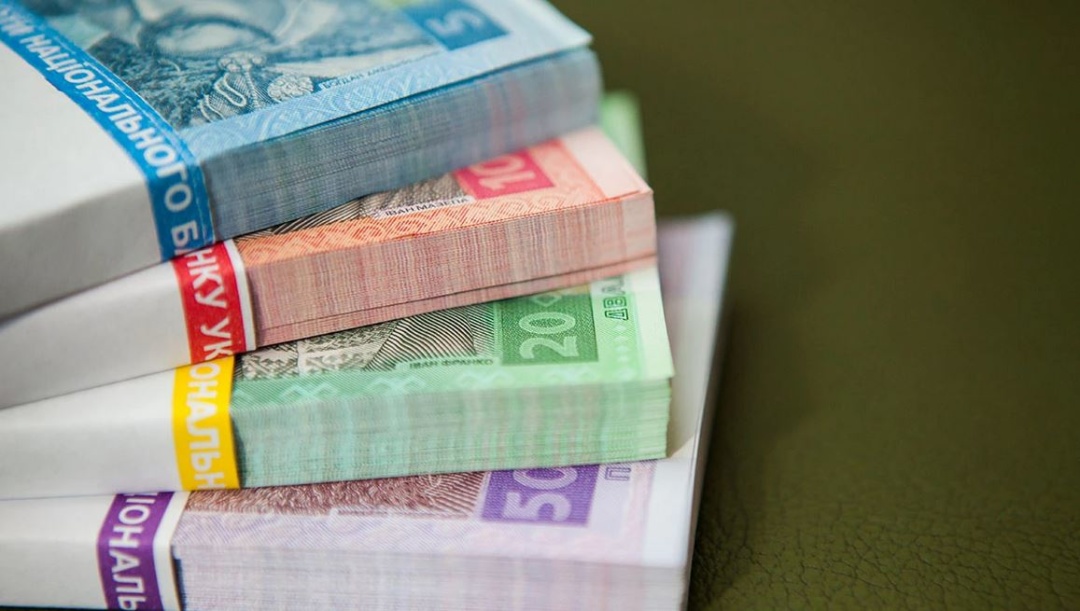
Regarding the need for a new restructuring plan, which began to be talked about since last fall, not everything is so rosy. As August 1, the deadline for initial payment is approaching, Ukraine has yet to reach an agreement with foreign bondholders. The first round of negotiations ended up with no result. Major bondholders – to whom Ukraine owes about USD 20 billion in debt – rejected Kyiv's proposals to write off part of the debt and postpone payments of the remainder of the debt owed.
Last week, the negotiations entered their second round, which content was not made public, for obvious reasons.
Meanwhile, to safeguard against potential penalties for delayed payments, the Verkhovna Rada adopted Bill No. 11396, which empowers the government to suspend payment of the foreign debt until October 1, 2024, even in the event no debt restructuring agreement has been reached by August 1. Thus, Ukraine will gain time for further negotiations. On the one hand, such a decision is not very good for the country's image and credit rating, but on the other, it allows avoiding a formal default. As the all-out war is ongoing, you will agree that image is the least concern...
An opportunity of saving more than UAH 60 billion in government spending will allow Ukraine to direct the released funds to more vital needs. But this alone will definitely not suffice to meet all the State's needs this year. It is necessary not only to save government’s money, but also to earn additional revenues or at least to borrow. Actually to this end the government is proposing tax adjustments. The largest part of the budgetary shortage is supposed to be covered through increasing the revenue side of the State Budget (+214.5 billion), and another 160.2 billion will have to be borrowed from domestic sources.
Experts, however, are pretty pessimistic about the latter. The potential of domestic borrowing is limited, as the Government Domestic Loan Bonds (GDLB) instrument has already been used to the full extent during wartime. The majority of Ukrainian legal entities and individuals who have free funds have already invested this resource in GDLB’s. In addition, the "average calculated" monthly amount of borrowing is already accounted for in the current budget. That is, 160 billion is not just about the monthly sale of 30+ billion worth of government bonds, but about extra 30+ billion to be borrowed from domestic sources.
And this comprises a risk that the set target will turn unattainable (even in the event relevant legislative acts are adopted by parliament and endorsed by the President). Experts are also talking about the risk that revenues from the proposed tax adjustments will be lower than the government expects, but the "shortage" will obviously not be that significant.
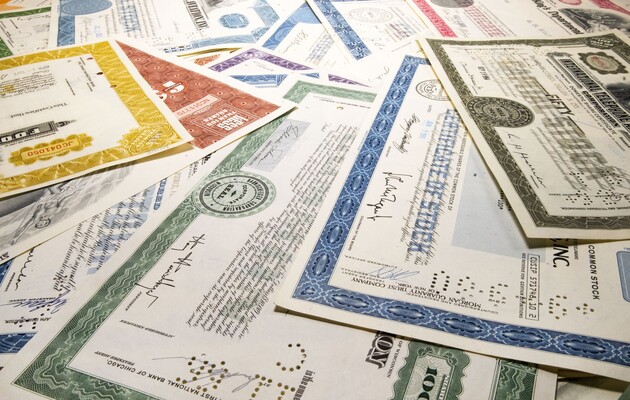
MILITARY TAX: GOVERNMENT EXPANDING THE SCOPE OF PAYERS
The Government is introducing tax innovations that are expected to have added UAH 140 billion in revenues to the State Budget by year’s end. The main hopes are pinned on a 5 percent increase in military tax (MT) on personal income, along with the cancellation of military tax benefits for legal entities and small businesses eligible for simplified taxation. Let's detail.
Wage employees: The rate of military tax on personal income (as specified by Article 163 of the Tax Code) is supposed to be raised from 1.5 percent to 5 percent.
Legal entities (Corporate Tax payers and Group III/IV Unified Tax payers): 1 percent of income earned from all operations.
Self-employees: Group I/II/IV Unified Tax payers -- 5 percent of two monthly minimum wages; Group III Unified Tax payers -- 1 percent of income earned.
Luxury tax:
● 5 percent of the value of purchased bank metals;
● 30 percent of the value of sold jewelry;
● 15 percent of the value of first time purchased real estate.
● 5 percent of income earned by individuals from first time sold real estate.
* 5 percent of the end value of mobile phone services.
In addition, the Government proposes introducing mandatory military tax on monthly income earned by fuel filling networks.
It is also proposed that drinks, including mineral and carbonated waters containing sugar or other sweetening or flavoring agents be classified into the category of products subject to excise duty and taxed in the amount of €0.1 per 1 liter of drink. This measure aims to "kill two birds with one stone": first, to provide additional revenue for the State treasury and, second, to reduce domestic demand for unhealthy drinks. Incidentally, the Verkhovna Rada committee on finance, tax and customs policies has recently endorsed a draft law (No 9032-1) that proposes introducing a tax on sweet drinks beginning next year. But the proposed budgetary adjustments provide for this tax to be introduced already this year.
The Cabinet of Ministers additionally proposes changes to the taxation of international postal and express shipments. It is proposed that the least value of international shipments subject to VAT and customs duties be lowered to 45 euros from current 150 euros.
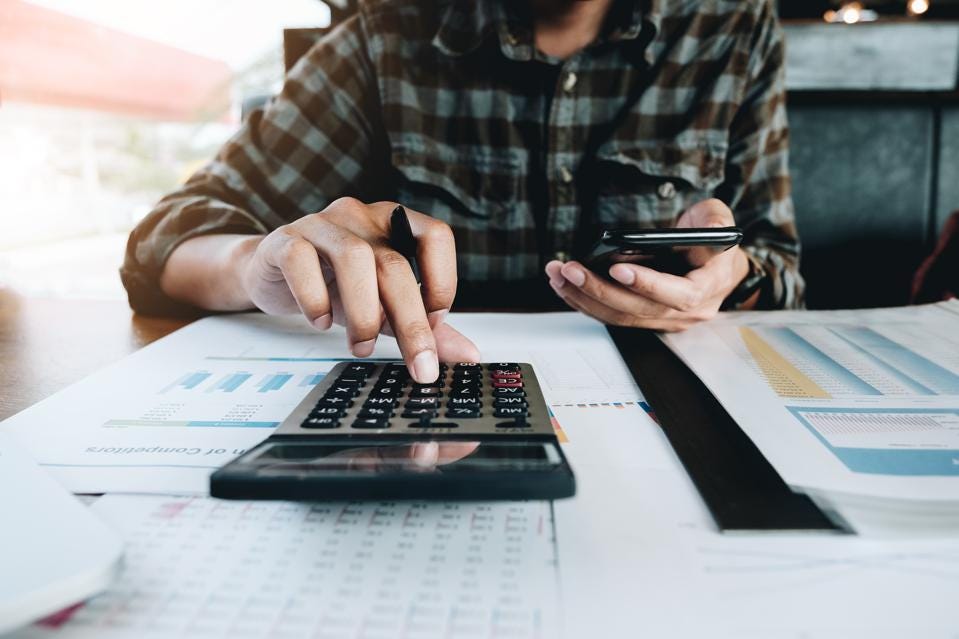
Let's add that the day before the Verkhovna Rada passed Bill No. 11256-2 that is supposed to potentially bring from UAH 2.5 to 6 billion (according to various estimates) in revenue to the State budget every month. The legislation provides for raising excise taxes on fuel to the minimum level in the European Union.
In accordance with the provisions of European regulations, the lowest amount of excise tax should be raised to up to 359 euros per 1,000 liters of gasoline, up to 330 euros per 1,000 liters of diesel fuel, and up to 125 euros per 1,000 kilograms (approximately 68 euros per 1 000 liters) of liquefied gas.
Currently, the excise tax on gasoline amounts to 213.5 euros per 1,000 liters, 139.5 euros on 1,000 liters of diesel fuel, 52 euros on 1,000 kilograms of liquefied gas, and 162 euros on 1,000 liters of alternative fuels.
The fuel tax will rise incrementally until 2028
According to experts' estimates, the introduction of new excise taxes on fuel from September will certainly affect the price of gasoline, diesel fuel, and autogas, but the increase will not be that significant (excepting liquefied gas). Serhii Kuyun, CEO at the "A-95" Consulting Group estimates that the price of gasoline will likely grow by UAH 1.5/l; diesel - by UAH 2/l; autogas – by UAH 5/l.
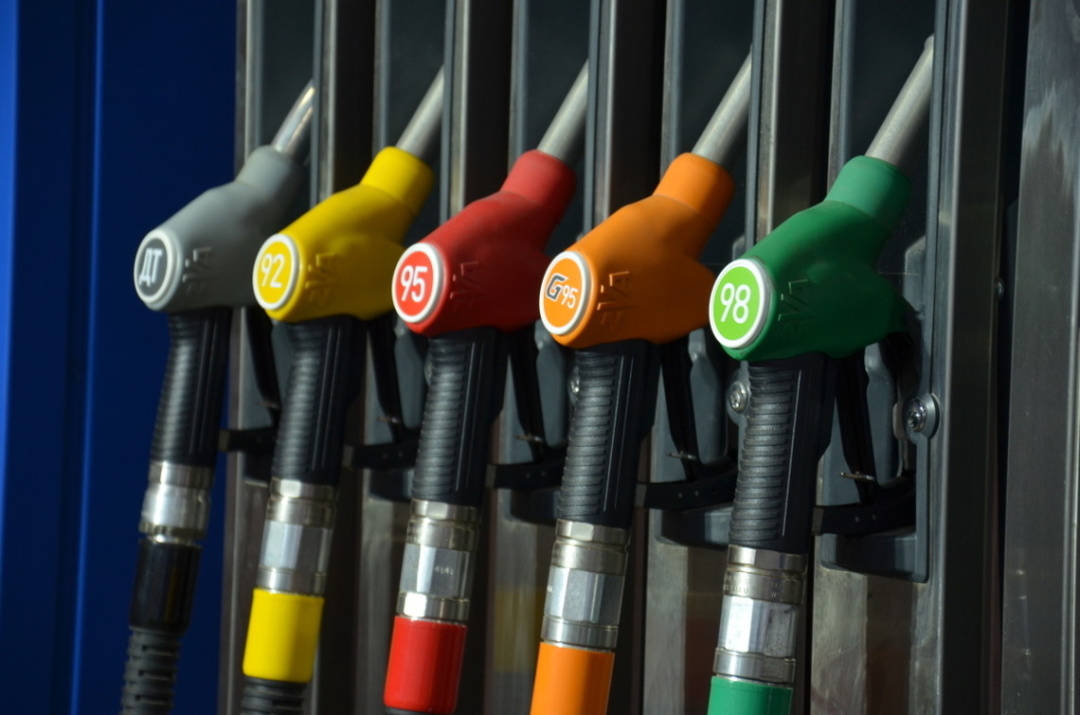
"The planned price hikes for gasoline and diesel fuel generally have every chance to go unnoticed amid the global market slump expected in August. Gas will grow in price, but still this type of fuel will remain very affordable. Compared to gasoline, liquefied gas is UAH 30 cheaper now and will be UAH 27 cheaper in September," the expert says.
Mr Kuyun is expecting that proposed fuel tax hikes will additionally produce more than six billion hryvnias for the State budget every month.
GOVERNMENT INITIATIVES: EFFECT AND RISKS ANALYSIS
Politicians and experts alike are definitely not very much happy about the news that some taxes are going to be raised, because this affects their own wallets, too. But everyone, however, recognizes that such measures are inevitable.
"Until recently, we have been able to avoid any significant hikes in taxes. In 2024, a certain amount of revenue reserves was earned due to the introduction of a tax on excess profits of banks, accounting for military servicemen’s full income tax in the State budget, as well as the unshadowing of the economy. The latter is evidenced by the significant overachievement of the revenue target by the Tax Service (by 11 per cent or +53 billion hryvnias over the first half of 2024) and the Customs Service (by 7 percent or +19 billion hryvnias), and all this combined can make 100 billion hryvnias by the end of the year. However, this reserve, albeit pretty significant, will not suffice to pay for all of the country’s defense needs, and it has already been taken into account in the calculations," comments Danylo Hetmantsev, an MP from the ruling party and chair of the parliamentary finance committee.
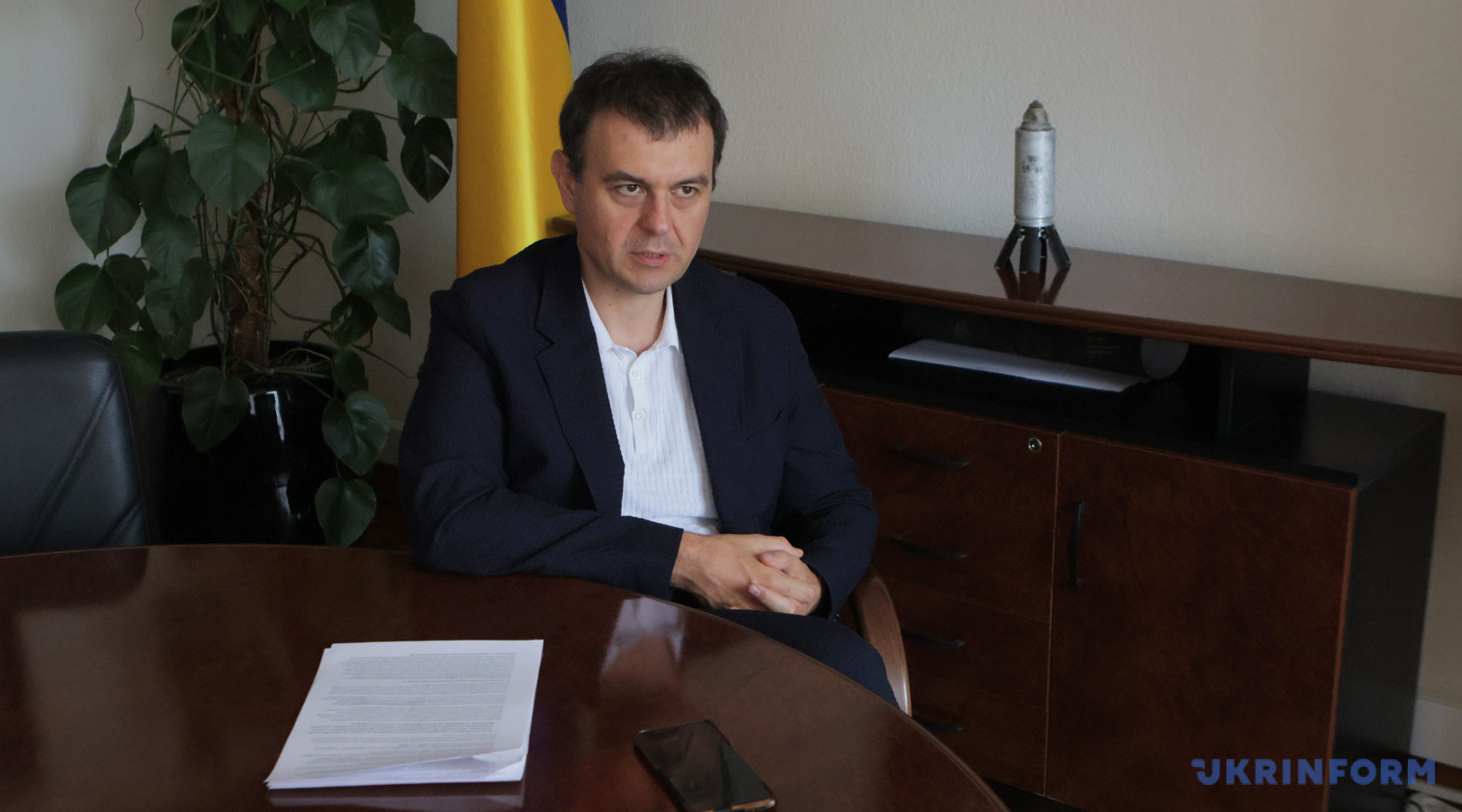
Under such conditions, there are no other options than to accept the Cabinet of Ministers proposed hikes in selected taxes (military tax, excise duties on fuel and tobacco), to expand the relevant tax base, and, also, to sell more Government bonds.
The MP admits this is a bad decision that will harm economic recovery, impede the growth of people’s incomes, and potentially poses risks to macro-financial stability.
"However, there is no other way left except for getting filled the shortage in military spending, because in a few months’ time we are going to face a significant shortage of funds to pay for the needs of the army, and this shortage is threatening becoming especially severe by year’s end. If we fail to provide adequate funding for our military and to protect Ukrainian lands, then, let's face it, the issue of paying and increasing taxes will lose its meaning and relevance for us altogether," Mr Hetmantsev believes.
Yurii Gaidai, the senior economist at the Center for Economic Strategies agrees that tax increases are inevitable under the current circumstances. However, he believes that by introducing tax innovations like these, Ukraine risks again shifting the entire burden of hiked taxes onto the citizens and businesses employed in official economy, leaving the shadow sector "out of focus".
"I do not believe that it is possible to collect significant amounts of taxes "for yesterday" by way of improving administration and managerial practices or by making executive decisions to expand the existing tax base. Whilst the draft legislation does include certain measures, among them the mandatory inventory of goods and material values at the request of tax authorities or face the administrative seizure of property, imposing limits on the value of imported goods carried in hand luggage or accompanied baggage, advanced payment of taxes by fuel filling networks... But overall, the proposed measures put nearly all the burden onto businesses and people employed in the official economy," the analyst argues.
A reasonable alternative, he believes, would be to raise indirect taxes, i.e. taxation of end consumption.
"Smugglers, illegal cashiers, crypto scammers, garage service stations, owners of small stores with smuggled Polish or Italian sausage and household chemicals buy goods with VAT and excise taxes on the price. An increase in the VAT rate to 23 percent (as in Poland) could compensate for wage and salary increases for employed personnel. An increase in the VAT rate to 25 percent (as in Croatia or Denmark) could compensate for 1 percent of turnover tax on legal entities. This would be a better alternative in our situation," Mr Haidai explains.

The analyst also advises a more careful approach when revising Government spending. After all, he argues, the announced reduction of UAH 65 billion in Government spending will be more technical rather than actual.
The expert praised the introduction of an excise tax on sweet drinks as being among the definitely positive initiatives. This will certainly have a positive effect on the health of the Ukrainians by reducing the consumption of drinks containing unhealthy agents. But it is still uncertain how to administer this excise tax to best effect.
At the same time, the economic expert community positively assess the fact that the government currently has no intention of implementing the worst option for increasing treasury revenues under the current circumstances, that is, to turn on the Hryvnia printing press. This notwithstanding, the risk of this happening will grow by the end of the year, particularly in view of the above mentioned lack of potential for a significant increase in borrowing from domestic sources. The National Bank of Ukraine (NBU) could purchase government issued OVDP bonds at any time if it was absolutely necessary, but only at the expense of new hryvnias printed.
"If we talk about printing new hryvnias, this is the worst option. Because money issuance feeds inflation, for which the poor will pay, because inflation is actually a tax on the poor. We practiced money printing in 2022 when 400 billion hryvnias was issued, which, among other things, caused inflation to surge up to 26 percent. The country is currently in a way better financial situation than it was in 2022, when the war was in its first year. Inflation is low at 3.3 percent, while official gold and foreign currency reserves have never been higher than they are now. The Memorandum on cooperation with the International Monetary Fund contains a provision on the budget issue, which should be agreed upon in consultations between the Ministry of Finance, the National Bank of Ukraine and the IMF in the event other sources for covering the budget shortage have been exhausted. This provision limits the amount of new money that can be issued to no more than 50 billion hryvnias per quarter. But we would prefer this tool never be turned on, because it is bad, the worst among all the options currently available to us,” Danylo Hetmantsev explained in an Ukrinform comment.
Experts see a considerable potential in the continuation of the economy unshadowing policy. Basically, the Ukrainian economy, once fully brought out of shadow, could generate an extra UAH 500 billion in revenues for the State Budget every year. This is precisely the amount of money Ukraine is lacking to finance its defense and security needs throughout 2024. However, these calculations are purely hypothetical, because, unfortunately, Ukraine is unlikely to be able to achieve that high level of economy unshadowing in the coming years. This is going to be among the priority challenges to be addressed during post-war years. For now, without perfectly good options available to us, we have to choose "the best of the worst".
Vladyslav Obukh, Kyiv
Headline photo via Armyinform




